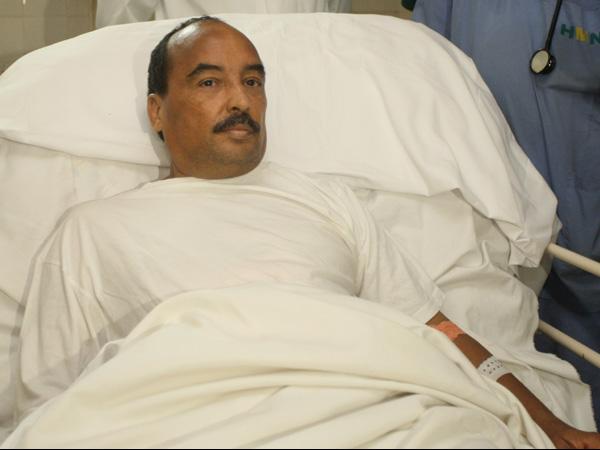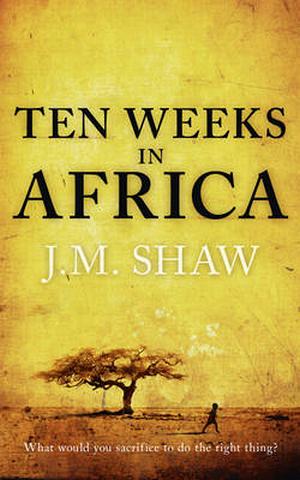#EndSARS: It’s time for the diaspora to pick up the shift

What the Nigerian diaspora can do to maintain #EndSARS’ momentum and get justice for victims of police brutality.

An #EndSARS protest in Accra, Ghana. Credit: Samson Maxwell
When Nigerians began protesting against police brutality on 8 October, the demonstrations quickly spread across the globe. Especially in cities with large diaspora communities, people took to the streets to join calls for the abolition of the abusive Special Anti-Robbery Squad (SARS).
In Washington DC and New York, you could feel the energy of people’s solidarity. The diaspora protesters had something at stake too. They also experience the brutality of SARS when they visit home and suffer from the government’s lack of accountability and poor governance.
The diaspora protesters were also saddened by the deaths and injuries of their compatriots in Nigeria. This was made starker by the “Lekki massacre” on 20 October when the army opened fire on peaceful protesters at the Lekki Toll Gate in Lagos. Since then, protests have been halted in Nigeria because of curfews and security concerns raised by several state governments. Protests abroad and media interest in the movement are also waning. There are whispers of a second wave of protests but nothing has materialised just yet.
This moment is exactly the time for the diaspora to “pick up the shift”, to borrow the words of prominent #EndSARS protester FK Abudu.
There are many ways in which the Nigerian diaspora can support and sustain the movement. Those in the UK have already provided an example of how they can take advantage of their position to pressure the Nigerian government. During the #EndSARS protests, they launched a petition that received over 220,000 signatures, prompting the UK parliament to debate SARS’ abuses and the violence against peaceful protesters.
The petition also asked the UK to discuss imposing sanctions, including visa bans and asset freezes, on Nigerian officials involved in human rights violations. This could be a highly effective strategy given that Nigerian politicians regularly go abroad for medical treatment and stash money away in US and European bank accounts while the national healthcare infrastructure deteriorates and six people fall into extreme poverty every minute in Nigeria. These initiatives in the UK could be replicated in other countries that Nigerian officials frequent.
Diaspora protesters could also continue to advocate for the International Criminal Court (ICC) to prosecute the killing of #EndSARS activists if Nigeria fails to deliver justice. The court in The Hague began an inquiry into the Lekki massacre earlier this month and is assessing whether it meets the legal criteria for opening an international investigation. It is clear, however, that external intervention is needed for justice to be served. Nearly two months on from the deadly incident, no one has been charged for the shootings and the death toll is still unconfirmed. The Nigerian government has spread misinformation and threatened to sanction CNN for releasing an investigative report into the massacre. It has frozen the accounts of some protesters, arrested others, and is considering a bill to regulate social media, which played a significant role in driving the protests.
Finally, the diaspora can complement what’s being done on the ground with their professional skills, networks, and resources. For example, those with policy and legal experience can help support the calls for justice by tracking human rights abuses and contributing to structures created by protestors such as legal aid networks that provide assistance to SARS victims and those wrongfully charged for taking part in the protests. Writers, filmmakers, or other storytellers can use their skills to document the narratives of SARS victims and protesters so history will more accurately remember what has occurred.
As the #EndSARS movement continues, it is clear that the Nigerian government will keep pushing back. Policymakers in the US, UK, and elsewhere may be slow or reluctant to respond.
But as the youth in Nigeria stay mobilised, Nigerians in the diaspora must keep acting too.





